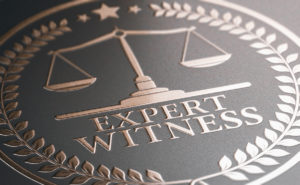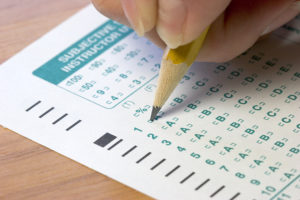The Importance of Psychological Test Data Disclosure in Defense Base Act Claims. Many Defense Base Act (“DBA”) claims feature mental health injuries. Often, the DBA insurance carrier schedules the injured worker for a defense medical examination (“DME”) with a mental health expert. The carrier’s expert might administer psychological tests to the claimant. This post answers a simple question: Must mental health experts produce psychological test data in the discovery process? Unsurprisingly, they must. There is no doubt that test data is discoverable in a DBA case. If the expert relied on the psychological test data when preparing their report, then that test data may be discovered. Still, we constantly address objections to test data discovery requests–even when the claimant sends the expert a written, signed release authorizing test data disclosure and a subpoena. Over the past few years, the constant objections have produced substantial litigation, and many Office of AdministrativeRead more
Test or Deny? How Invalid Psych Testing Affects Foreign DBA Claims
The Defense Base Act has a “test or deny” problem. Insurance carriers argue that DBA benefits cannot be awarded for work-related psychological injuries or disabilities absent psychological testing. That is false. The American Psychological Association does not require psychological testing prior to diagnosis and treatment. The current Diagnostic and Statistical Manual for Mental Disorders (or “DSM-5”) does not require psychological testing as a part of its diagnostic criteria. And DBA caselaw makes it abundantly clear that an employee need not meet the criteria of a specific diagnosis to successfully state the existence of an injury. Yet, the “test or deny” problem persists–especially for psychological claims involving foreign nationals. The administration of psychological tests to foreign DBA claimants begs some questions: Is it appropriate for defense experts to administer psychological tests to foreign nationals in the absence of normative or validation data to which the examinee’s answers can be compared? IsRead more


